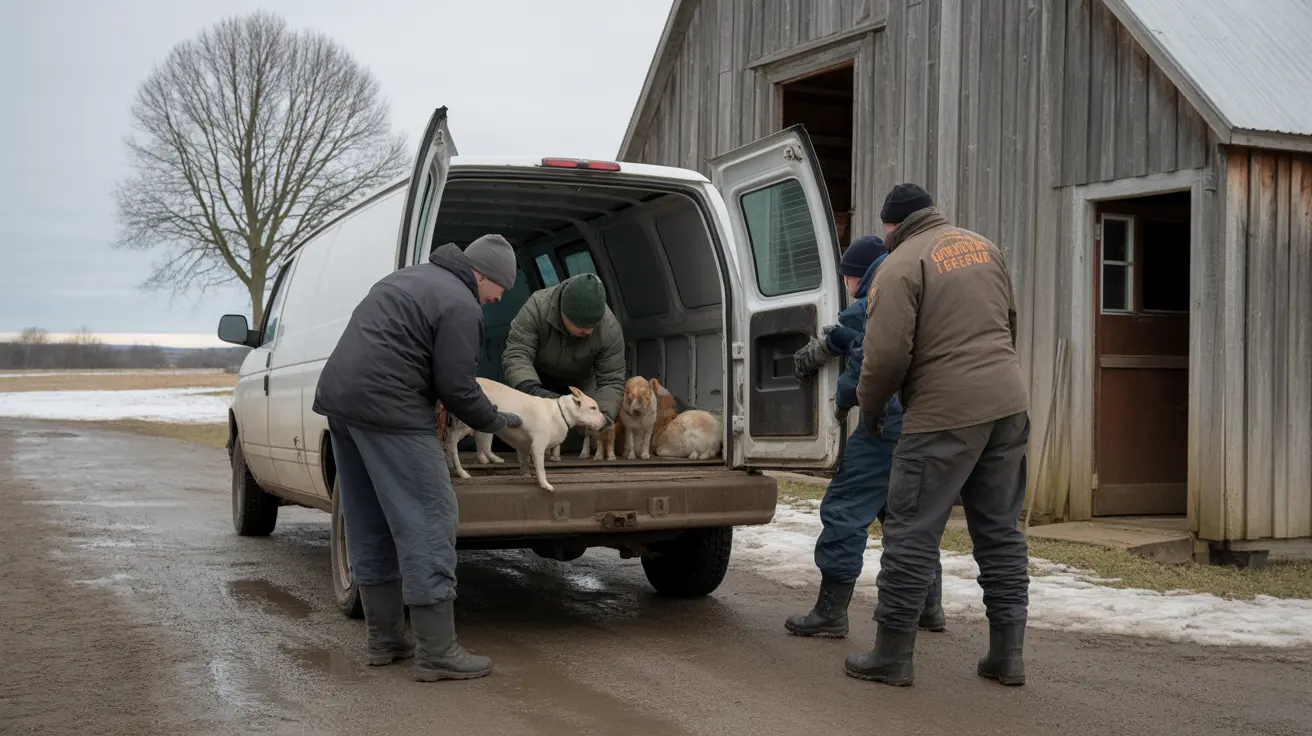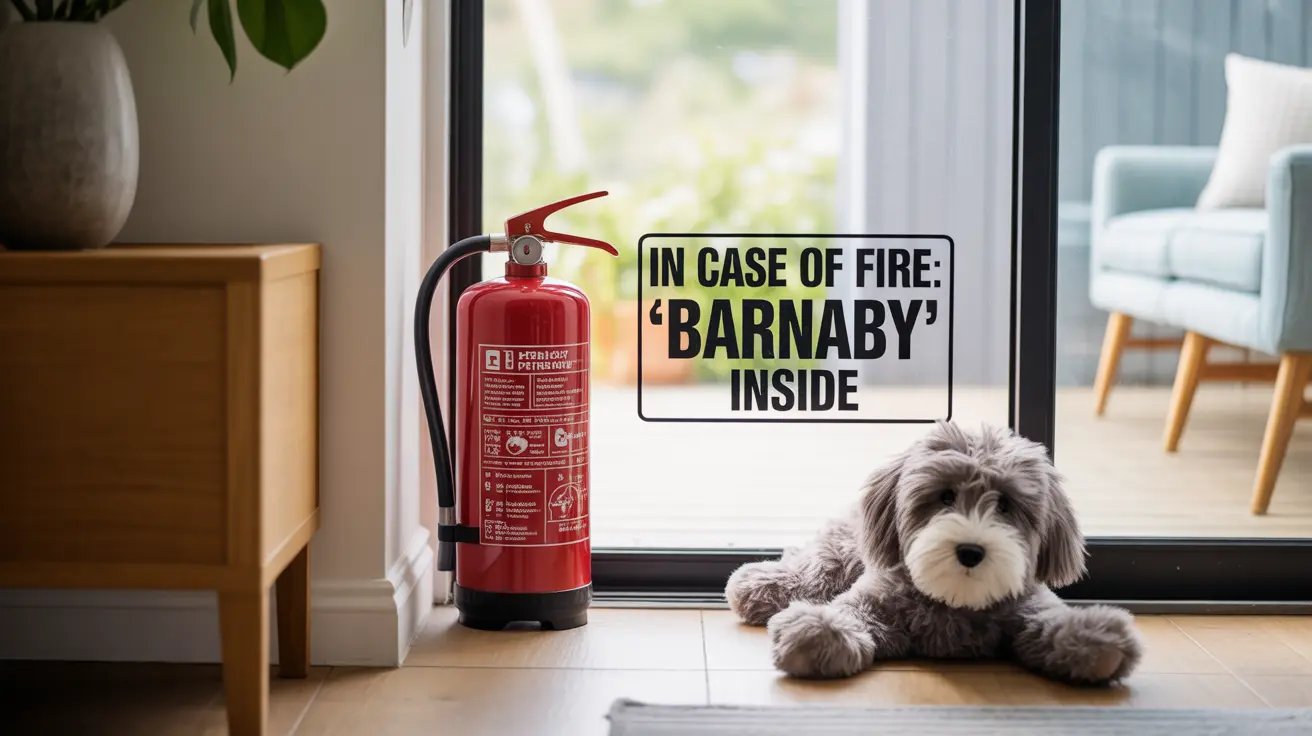What to Do If Your Pet Dies at Home at Night
Losing a beloved pet is one of the most difficult experiences for any pet owner. When such a loss occurs overnight, it can be even more distressing due to the limited availability of immediate assistance. However, understanding the necessary steps can help you navigate this emotional time with dignity and care.
Immediate Steps to Take
1. Remain Calm and Take Time to Say Goodbye
- Take a few moments to process what happened and say your farewells.
- Allow family members to also grieve if needed.
2. Confirm the Death
- Ensure that the pet has truly passed by checking for breathing and heartbeat.
- If uncertain, contact an emergency vet (some may offer phone guidance).
Preserving Your Pet’s Body Overnight
If your pet has passed and it's too late to seek immediate professional care, it's important to preserve the body appropriately until morning.
- Keep the pet in a cool location, such as a basement or near an air conditioner.
- Position the body in a natural, peaceful pose — laying on their side works best.
- Wrap the pet in a clean towel or blanket and place in a plastic bag or sealed container if available to reduce odor and leakage.
- Use ice packs or frozen water bottles, placed under and around the body, to slow decomposition.
Contact a Professional in the Morning
Once the morning arrives, you will have more options for managing your pet’s remains:
- Call your veterinarian — they can offer cremation or burial services or refer you to a local pet crematorium.
- Contact pet cremation or burial services directly — many offer pickup options to ease your burden.
- If home burial is an option, check your local regulations; not all areas permit it.
Memorializing Your Pet
While nighttime offers fewer resources, the daylight hours provide an opportunity to honor your pet:
- Create a memory box or scrapbook with photos and keepsakes.
- Host a small ceremony with family and friends.
- Consider planting a tree or flowers in your pet’s memory.
Important Considerations
- Health and Safety: If your pet was euthanized or died from a contagious disease, take extra precautions when handling the remains. Use gloves and disinfect any surfaces the pet contacted.
- Legal Requirements: Ensure that any method of disposal aligns with local laws. In some locations, burial may not be allowed in residential areas.
When to Seek Support
Grieving a pet is a deeply personal experience but support is available:
- Reach out to friends, family, or support groups who understand your bond with your pet.
- Consider grief counseling if the sense of loss feels overwhelming.
- Some veterinary practices offer grief hotlines or support services.
Planning Ahead
While it's difficult to anticipate a pet’s death, having a plan can ease stress:
- Discuss end-of-life wishes when your pet becomes elderly or ill.
- Explore local cremation or burial services in advance to understand your options.
- Keep emergency contacts (vet clinics, poison control) easily accessible.
In Summary
Dealing with the loss of a pet during the night is a heart-wrenching experience, but knowing what steps to take can help bring clarity during a time of grief. Always treat your pet’s body and memory with respect, seek professional help as soon as realistically possible, and allow yourself and your family the time needed to mourn. Your pet’s life mattered greatly, and honoring that love is an important part of the healing journey.





